HiveToday: EU's Russian Oil ban, Russians forcing Ukranians to use Russian rubles, France's left wing pact

The European Commission has today proposed an EU-wide ban on the import of Russian oil in its most powerful attempt to try and hit one of the Kremlin's main revenue sources. The embargo would be introduced gradually, with crude oil phased out within six months and refined products by the end of the year. This proposal is part of a sixth sanction package against Russia, which also includes disconnecting more banks from the Swift banking system and imposing sanctions on further individuals, including those alleged to be behind the war crimes we're seeing in Ukraine. But these sanctions will still need to get the approval of each EU member state, and countries that are more reliant on Russian oil, like Hungary and Slovakia, are likely to push for exemptions such as an end of 2023 deadline for Russian oil rather than the end of 2022 one, but we'll also have to keep an eye on discussions as this story plays out.
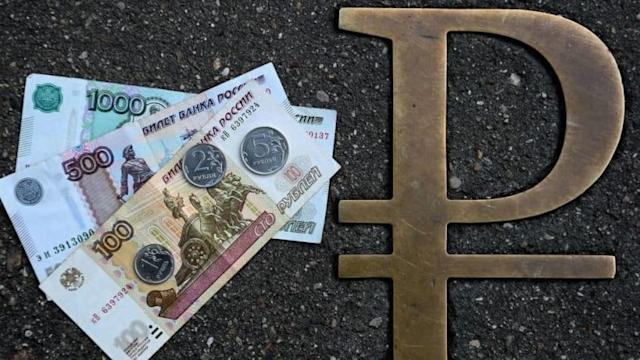
Staying with the conflict, in an attempt to try and demonstrate their successes in Ukraine, Russian forces are trying to implement the use of the ruble in occupied Ukrainian territory. In Kherson, the ruble implementation is just the latest in several Russian moves, including the cancellation of Ukrainian TV, replaced by Russian state TV, the hanging of Russian flags over Ukrainian government buildings and the pro-Russian zed symbol being plastered across the city. With all of these moves combined, it seems that the Russians hope that the Ukrainians will simply submit to their aggressors. At least currency exchange offices remain open as such, Ukrainian residents who want to defy Russian forces simply exchange the rubles they're paid for with the currency of Ukraine. Therefore, some in the city are skeptical that Russia will be able to fully introduce the ruble, and at least for now, that seems to be true.
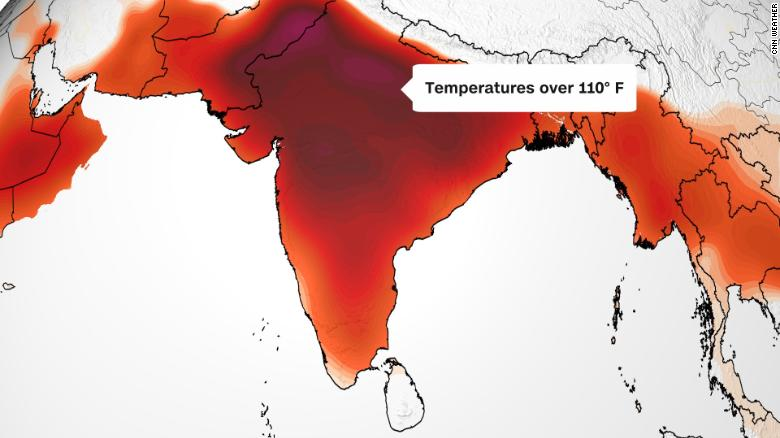
Up next, both India and Pakistan are currently suffering from a heatwave which has now lasted the best part of a week and is only expected to get worse. India experienced its hottest month on record, and temperatures in New Delhi have stayed above 43 degrees Celsius. For the past seven days, things got even hotter in Jacobabad, Pakistan, which hit a terrifyingly high 49 degrees Celsius on Saturday, one of the hottest temperatures ever recorded on earth in April. And these heatwaves are bad because they've exacerbated electricity and food shortages in both countries. Pakistan has been suffering from a currency crisis for the last six months, and rolling electricity blackouts have now been extended to as long as 18 hours a day. Similar blackouts have been imposed in several Indian states. Indian farmers have also reported a 50 percent decrease in wheat yield in the worst-affected areas, which will only drive up food prices further.

Next, let's turn to Europe, where the French left is on course to be united for the first time in 20 years. Left-wing parties seeking a majority in the June parliamentary elections have officially agreed to an electoral pact. The deal has been shaped by Jean-Luc Mélenchon, who came in a narrow third place in the first round of the presidential vote last month. Mélenchon's party, France Unbowed, has been joined by the greens and the communists under the banner of a new popular ecological and social union. The once-dominant socialist party is understood to have struck a deal to join the pact too, but the party's national committee will first need to approve it. And tensions over Melancthon's euroscepticism and the socialist's pro-EU stance could cause some consternation. Either way, the group's goal is to deny President Macron a majority in parliament and force him to cohabit with a left-wing prime minister, giving the group at least a little bit more power.

Finally, today while Elon Musk's SpaceX may be pioneering the self-landing rocket, this isn't the only way to make space travel more sustainable. Rocket lab, a startup based in California, has this week successfully caught a rocket falling back to earth with a helicopter. Now it should be noted that this catch was only temporary as the pilots didn't like how the rocket was held beneath them and as such, it was released for a splashdown not long after they caught it. And while this wasn't exactly what the company will be hoping for in the future, it does work as a sort of proof of concept and shows that there may be a future where rockets are caught by a helicopter and return safely to land.





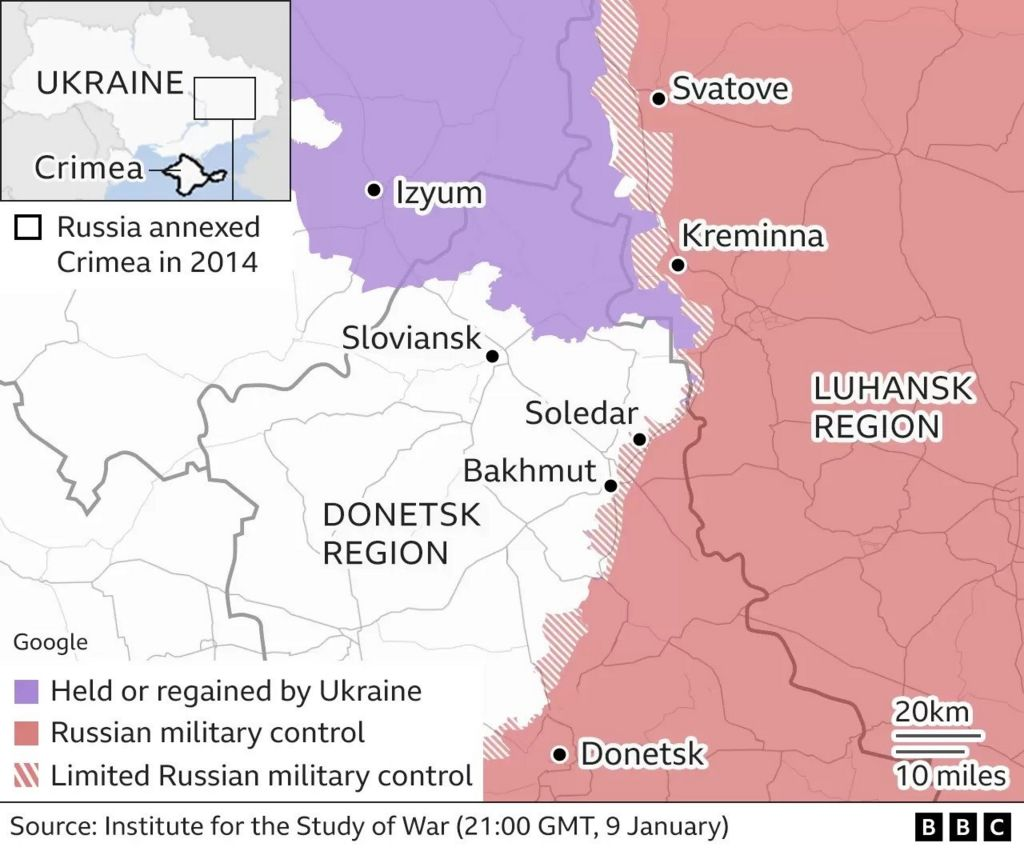


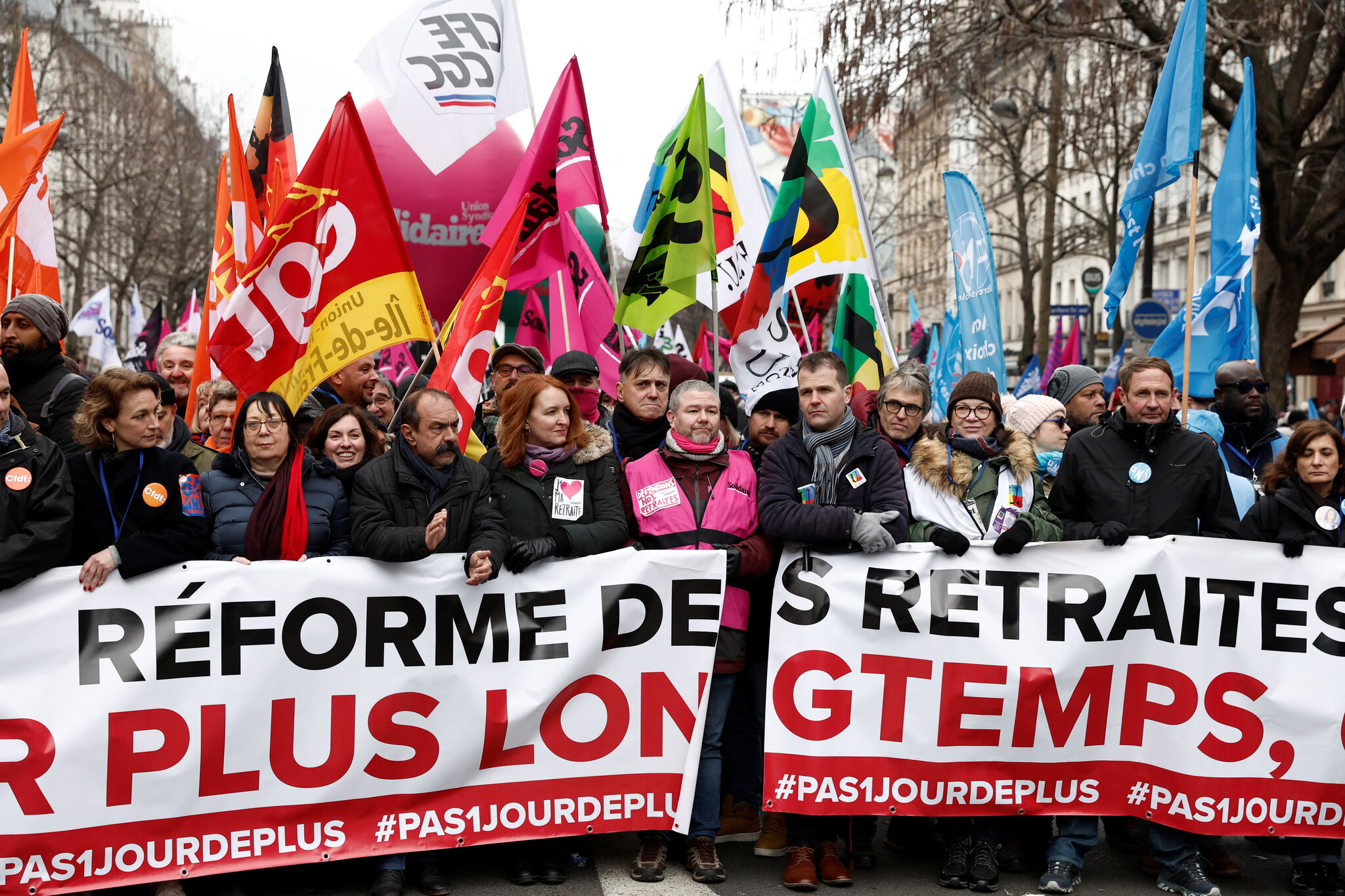
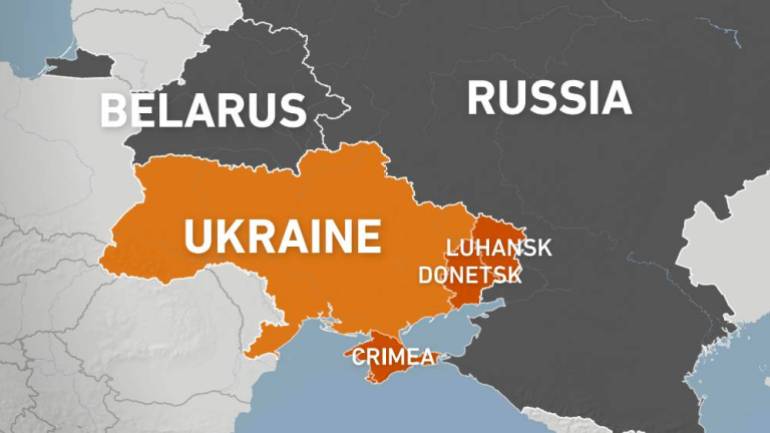
Comments